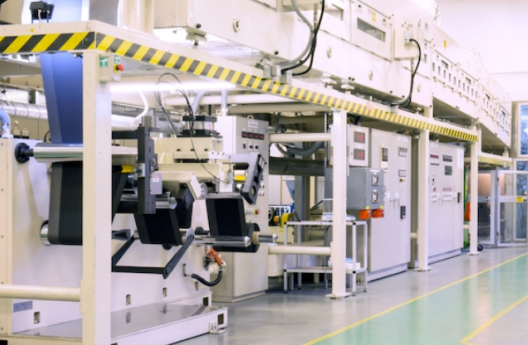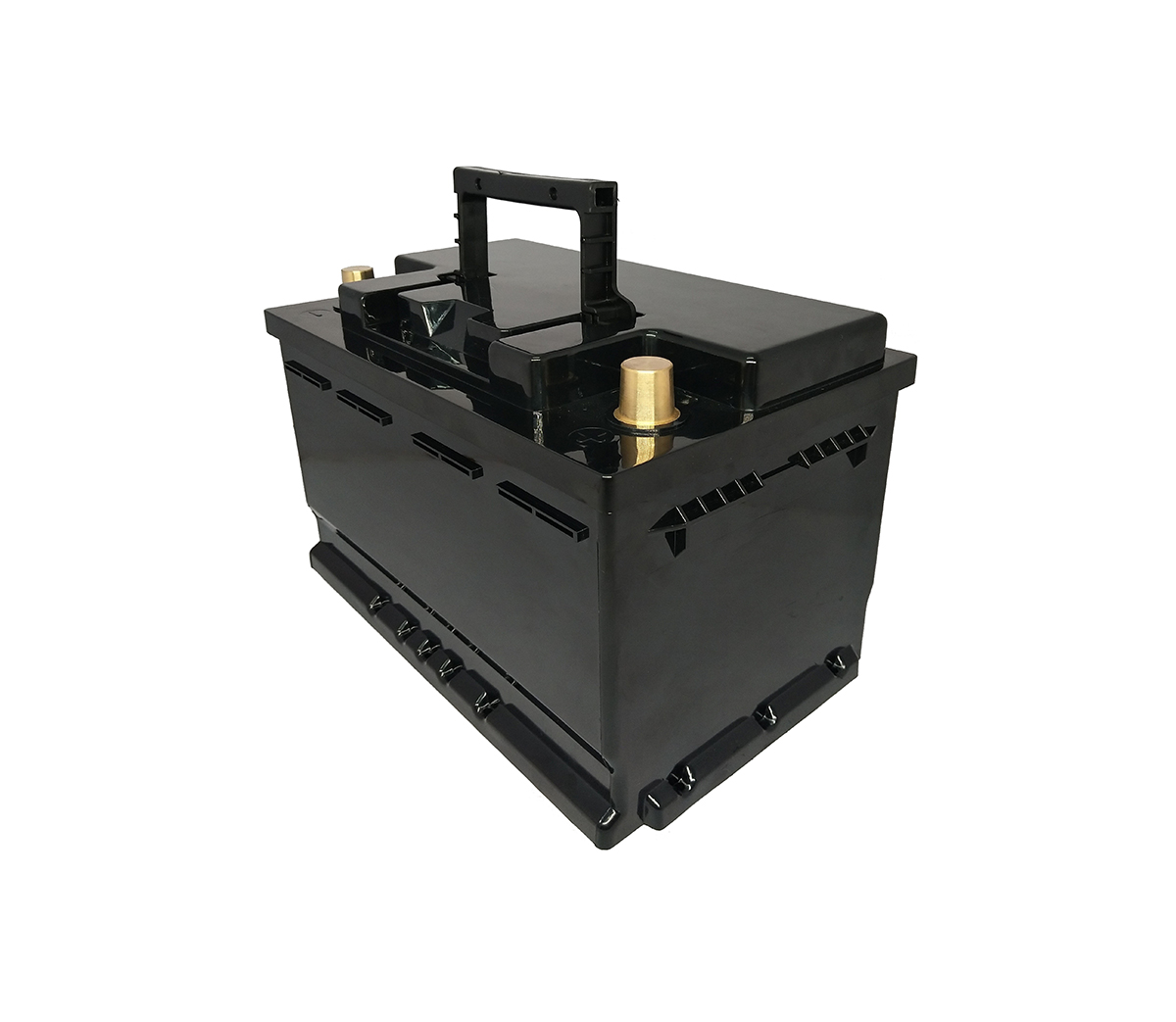UK-based battery manufacturer AMTE Power said a few days ago that its new sodium-ion battery has been officially produced and is being offered to some customers for testing and validation.

SES Power often uses lithium batteries to customize products, such as 12V100Ah, 24V100Ah, 36V100Ah, 48V100Ah using EVE, CATL, BYD square aluminum lithium iron phosphate batteries, wall-mounted home energy storage systems 48V100Ah, 48V200Ah, rack-mounted High-voltage lithium battery system (up to 860V), 3Kw~20Kw off-grid, grid-connected, island-type lithium battery energy storage system, lithium iron phosphate battery that can be discharged at a rate of -40 degrees Celsius and other products. But we are quite concerned about the development of sodium-ion batteries because it means endless possibilities.
AMTE Power's plant in Scotland produces batteries for more valuable market segments, such as batteries for high-performance vehicles, and the company is currently deploying a new plant with a capacity of 0.5GWh.
With a focus on higher-tech batteries for demanding applications, the company believes its planned "gigafactory" production line is more profitable than dozens of other larger "lithium battery gigafactories" around the world. high.
AMTE Power already produces batteries in Thurso, Scotland, but is aiming to build a 0.5GWh battery production plant called the 'Megafactory' in the Dundee area
AMTE Power claims the plant in Dundee, east Scotland, is expected to produce 8 million cells a year and generate revenue of around £200 million.
At the same time, while the company's main focus is expected to be on the automotive market, it also provides products for stationary energy storage systems, so they have been developing sodium-based batteries and hope to achieve commercial production soon, nano-ion batteries are very suitable for use on battery energy storage system (BESS) products.
The company said a few days ago that AMTE Power's "ultra-safe" sodium-ion battery is nearing completion: it has achieved an energy density of 140Wh/kg.
The battery is expected to be produced at the company's existing manufacturing facility later this year, and the battery will be made available to customers for initial evaluation and project and supply verification.
AMTE Power has signed an off-take agreement for 1,000 batteries for use in portable energy storage devices by British manufacturer AceOn, with more agreements expected as capacity expands.
The company believes the technology could potentially be deployed in stationary energy storage systems of all sizes. And U.S.-based battery energy storage system integrators Fluence and Powin Energy said they would test and trial technologies such as sodium-ion batteries.
AMTE Power is not alone in identifying sodium-ion batteries as a possible replacement for lithium-ion batteries for stationary energy storage systems. Both traditional manufacturers and startups are excited about the prospects of sodium ion and other technologies.
Chinese battery maker CATL is one of the big names to see the potential of the battery technology, while Faradion, another British producer of sodium batteries, has been acquired by the solar arm of Indian conglomerate Reliance Industries.
In the U.S., manufacturer Natron Energy, which has been working on sodium-ion batteries for a decade, became the first manufacturer to pass UL9540A fire tests for its battery products, and recently said it planned to open a plant in Michigan.
In northern Europe, Swedish manufacturer Altris said it would open a 1,800-square-meter production facility early next year. Industry media reported on the companies' plans in May.
Sodium-ion batteries can use cheap and abundant materials instead of expensive and scarce resources such as lithium or cobalt. From a sustainability perspective, lithium or cobalt are expensive and difficult to source. They will also decouple the battery energy storage supply chain from the lithium-ion battery supply chain, which has seen volatility and price spikes over the past few years, as well as shortages from raw materials to finished products.
Compared to most types of lithium-ion batteries, sodium-ion batteries offer lower energy densities, which largely excludes them from automotive applications, but this has little impact on the stationary energy storage industry.
In fact, sodium-ion batteries are not very attractive for automakers to produce. Currently, the battery energy storage industry faces many delays and supply chain constraints, and is largely influenced by the fact that the battery energy storage industry and the electric vehicle industry are competing for battery supply.
Other potential advantages include being able to store and transport, as sodium-ion batteries can be discharged to 0V, which reduces the risk of thermal runaway. Faradion claims its sodium-ion battery has a round-trip efficiency of 92 percent, roughly the same as lithium-ion.
Industry experts say a number of different batteries are likely to compete with or complement lithium-ion batteries in the coming years. Some of these, such as flow batteries, are already in use because they have been in commercial operation for some time, but other newer alternatives include the NiMH battery developed by Enervenue, and many battery manufacturers are also trying to implement potassium-ion batteries. commercial operation.
In a recent interview with industry media, Alex Girau, CEO of potassium-ion battery startup Group1, said that lithium iron phosphate (LFP) batteries represent the standard in terms of performance and cost, and hoped that potassium-ion batteries would be comparable to lithium iron phosphate (LFP). LFP) batteries to compete.
If you have any questions about lithium-ion battery products or industry information, you are welcome to contact SES Power.



































